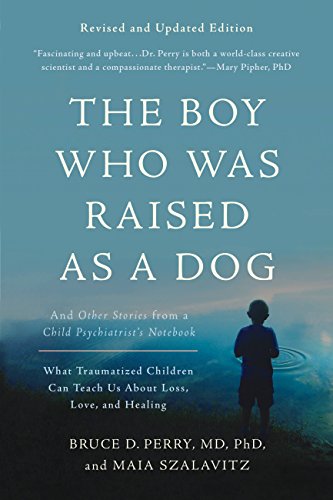What are
/r/AbuseInterrupted's
favorite Products & Services?
From 3.5 billion Reddit comments
The most popular Products mentioned in /r/AbuseInterrupted:
The most popular Services mentioned in /r/AbuseInterrupted:
MetaFilter
DocDroid
DTube
ResearchGate
Headspace
Smiling Mind
Gmail
Mayo Clinic
Disqus
The Pirate Bay
The most popular reviews in /r/AbuseInterrupted:
I've been peripherally aware of the concept of emotional labor for some time, but this article made the idea articulable and concrete for me. I originally posted it here, but then deleted it, as the example includes points like "Men like to act as if commanding women’s attention is their birthright, their natural due, and they are rarely contradicted." which is a huge generalization without support.
The fascinating discussion on Metafilter, however, had a lot of value.
the softness and greatness is PART OF IT. It's the honey he uses to lure you into his control. Read this right fucking now:
That's a great point, and a big reason why the military, for example, does the amount and type of training they do.
For context, Viktor Frankl was a survivor of a Nazi concentration camp. He very little control over his life and circumstances, and he focuses in "Man's Search for Meaning" on what he did have control over, which was his attitude and his own mind.
Okay, it isn't a study, but I think this article makes interesting points: Why do we revert to old habits around old friends?
Habit/triggers: ...it all comes down to factors that serve as triggers for behaviors, especially our environment. The formation of habits is a process that is etched into our neural pathways, according to Kristina Orlova, licensed marriage and family therapist. Habitual behaviors can be triggered by a number of things, such as your environment, if you are feeling stressed, and how well-rested you are.
Adaptation survival response: "The people we are with form the context and adaptation to the situational context is … important for survival," Robinson explains. "We all like to think that we are independent in our behavior, but we often do not recognize how much we adapt in different contexts."
Desire for acceptance/belonging: If we have changed significantly since our last interaction, the desire for acceptance may drive us to be the person they expect us to be. Whether we fear making others uncomfortable by changing or we simply worry we won’t be accepted, our desire to belong is a powerful force that can influence our decision making, according to Robinson.
The context for the "proxy war" comparison was in response to this statement from commenter Asiyah:
>~ if the man who gave his sp*rm for me doesn't even love me, how can I expect somebody not related to me to love me?
Where Esa responds:
>for me, this proved to be logical fallacy that was very hard to shake because confirmation bias had me out there fighting proxy wars with men who were not my father. thus my entire thinking was based on a losing proposition, one that i was determined to overcome.
You need a “safety plan” for leaving an abusive man.
I would not tell him since he’s been violent before.
I’m sorry you have to deal with this
It's My Life Now: Starting Over After an Abusive Relationship or Domestic Violence, 2nd Edition https://www.amazon.com/dp/0415953251/ref=cm_sw_r_cp_api_glc_i_AjW3Fb5V394EB
Pick up The Boy Who Was Raised as a Dog. It will help both of you understand his behavior a lot better and explain how/why his upbringing led to a lot of these behaviors. You may find it beneficial not just in understanding him but also yourself and why you put up with it. It doesn't absolve him of responsibility for his behavior but it will help provide a starting point for understanding and taking steps to overcome it.




